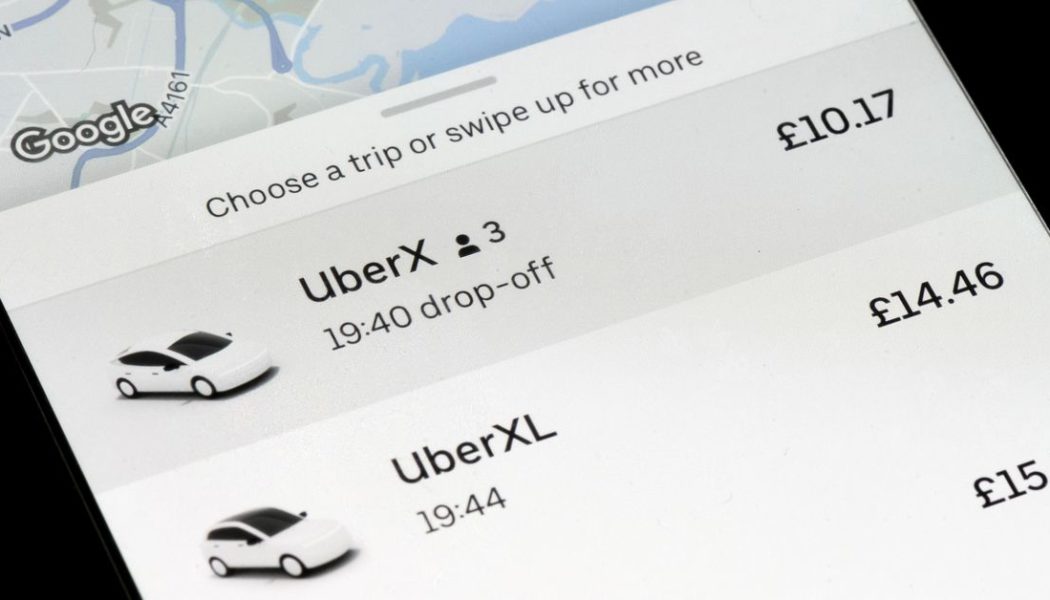
Uber has finally recognized a union of its own drivers. Allow yourself that single moment of elation before we get to the rest of the details.
GMB trade union in the UK (it’s not really an acronym for anything, as it was shortened from General, Municipal, Boilermakers’ and Allied Trade Union some 40 years ago) managed to clinch union recognition from the jaws of the famously labor-hostile app company today. As The Guardian reported, “GMB will have access to drivers’ meeting hubs […] It will also be able to represent drivers if they lose access to the Uber app, and it will meet quarterly with management to discuss driver issues and concerns.”
It’s not clear whether this arrangement hews closer to traditional union representation as we envision it in the US, or if this more so resembles the Independent Drivers Guild — an outsized advocacy group in New York that meets with Uber and has been widely criticized as a company union. Drivers won’t be automatically enrolled in the union as a result of working for Uber. That’s an arrangement we’d refer to as an “open shop” on this side of the Atlantic, and the company is almost assured to leverage it to its benefit.
Drivers in the UK recently won — via the courts — the right to be considered Uber “workers,” a category distinct from “employees” but which still confers basic employment benefits like minimum wage and a pension. However, that ruling did not apply to couriers on the Uber Eats food delivery side, nor does this new union agreement cover them. From the start then, this new agreement leaves an estimated 30,000 Uber laborers out in the cold. (We’ve reached out to GMB and Uber for additional details on that oversight.)
GMB has undoubtedly made history here, but Uber’s track record gives onlookers every reason to doubt the efficacy of this new union. The company has a habit of threatening to pull out of locations that fail to provide the legal favoritism it has come to expect — Quebec in 2017, for example. It has also been engaged in attempts to rewrite labor law in the US to suit its business interests, successfully overturning a California law via a ballot proposition during the 2020 election which cost the company — along with fellow travelers Lyft, DoorDash, and Postmates — an estimated $200 million. Since then, drivers in the state have reported their wages falling even further. (Uber is attempting a similar legal maneuver in New York currently.)
Further compounding matters, one of the parties which helped win worker status for UK drivers — the App Drivers & Couriers Union — refused to sign on to a similar deal for recognition, claiming in a statement that it believes “closer trade union engagement with Uber management is always a welcome development but there is good reason for workers and their unions to be cautious.” The group cited Uber’s continued hostility toward workers, in and out of court, in the UK and in the US. “For us compliance with legal minimums should be the point of departure for any union agreement with Uber,” the ADCU wrote.
Still, a win is a win. “This ground-breaking deal between GMB and Uber could be the first step to a fairer working life for millions of people,” the delightfully named GMB national officer Mick Rix noted in identical press releases sent to The Verge by both the union and Uber, “We now call on all other operators to follow suit.”









